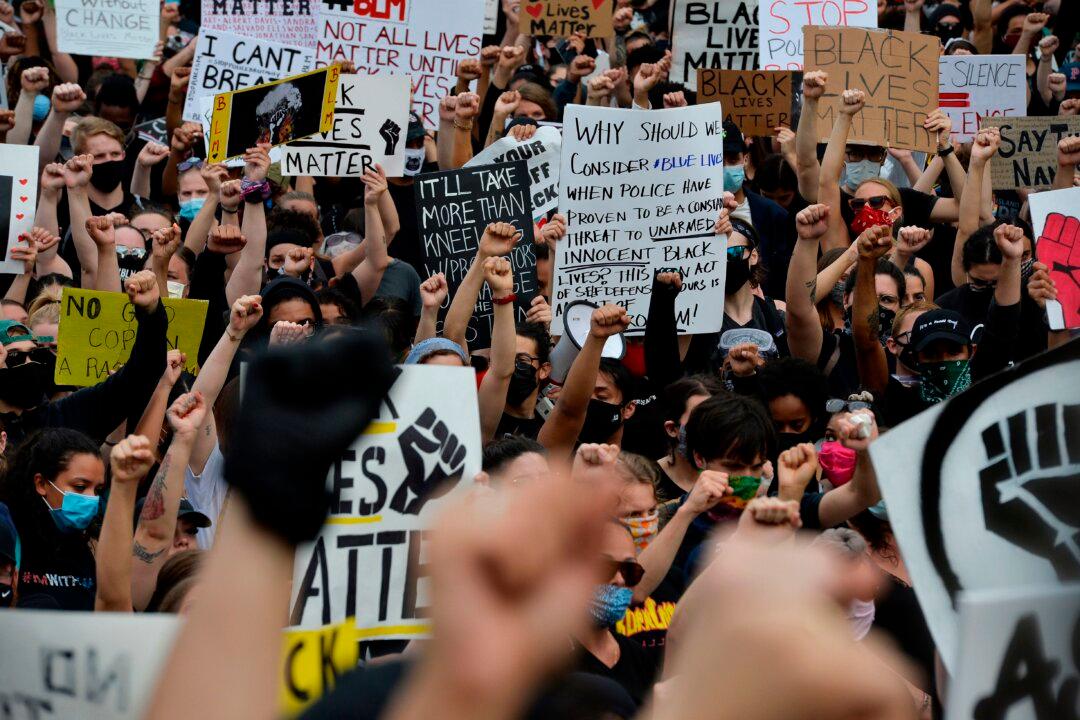Critical race theory (CRT), which recently drew national attention after President Donald Trump ordered it purged from federal agencies, can be traced back to Marxism, political scientist Wilfred Reilly told The Epoch Times.
In an interview with The Epoch Times’ “American Thought Leaders,” Reilly said CRT is “a translation of Marxist class theory into the sector of race relations.”






